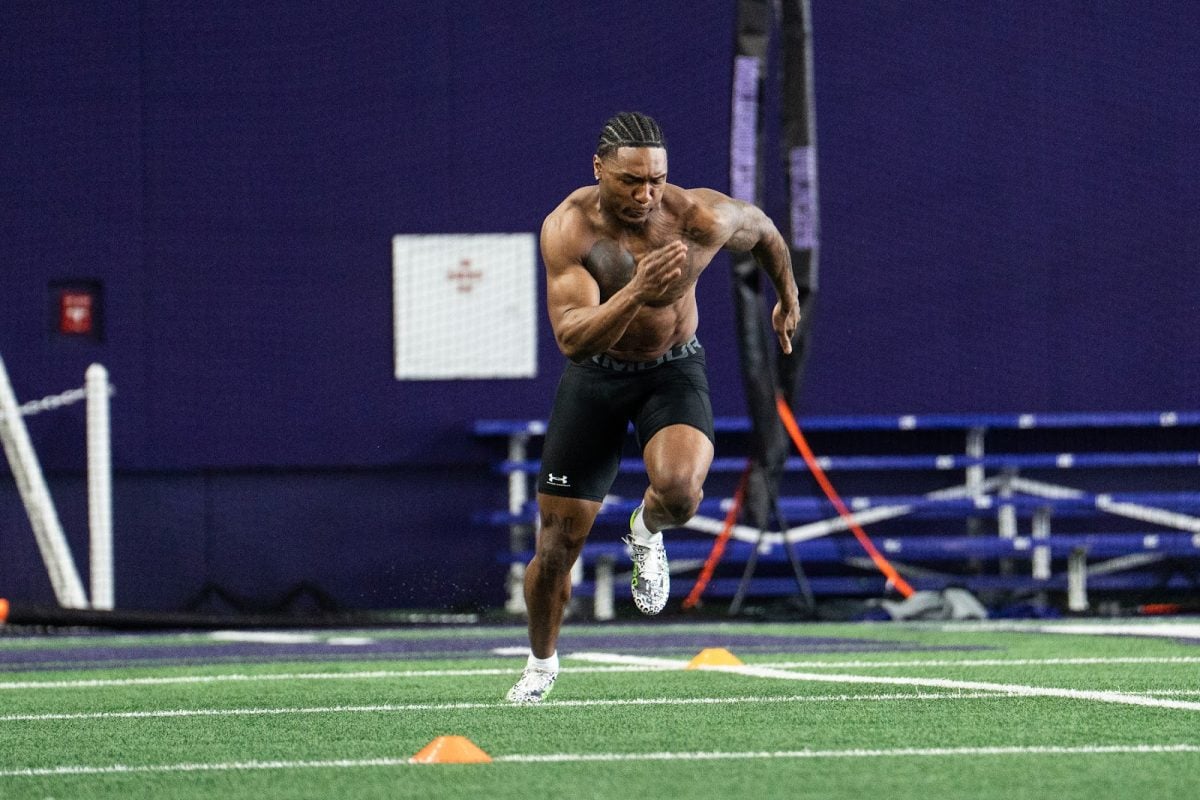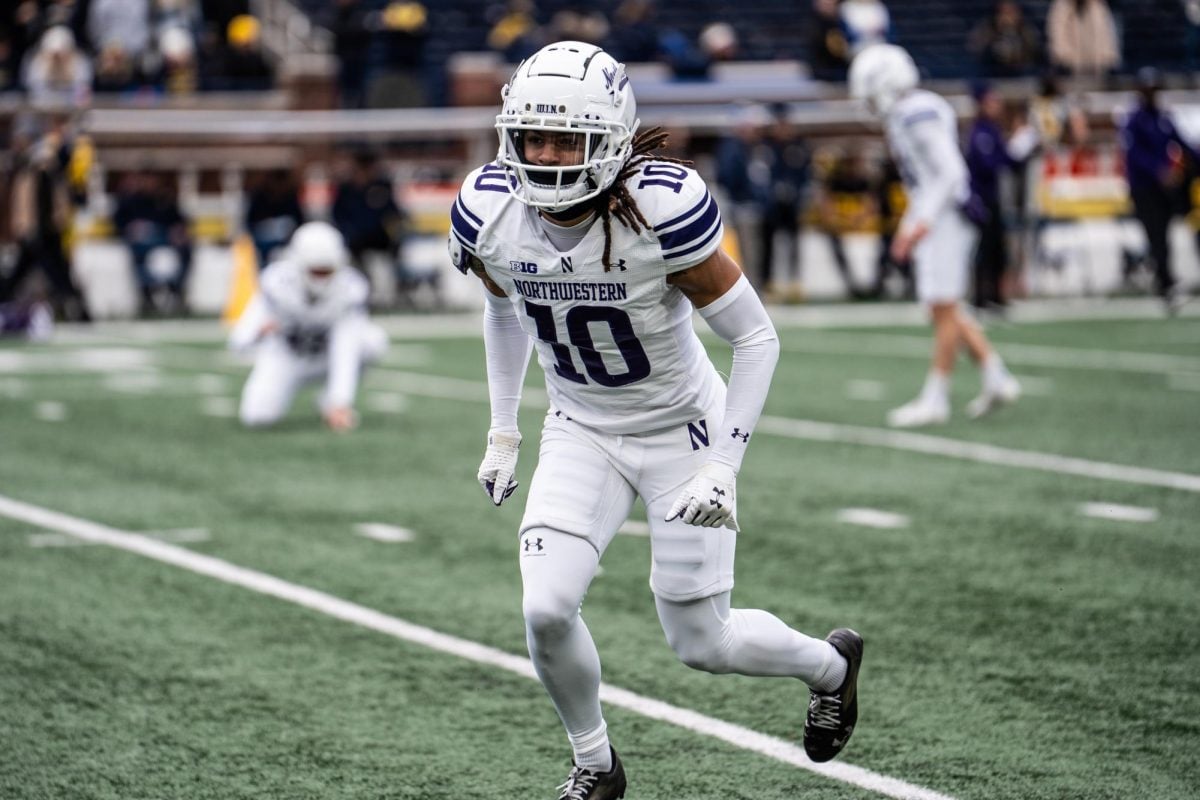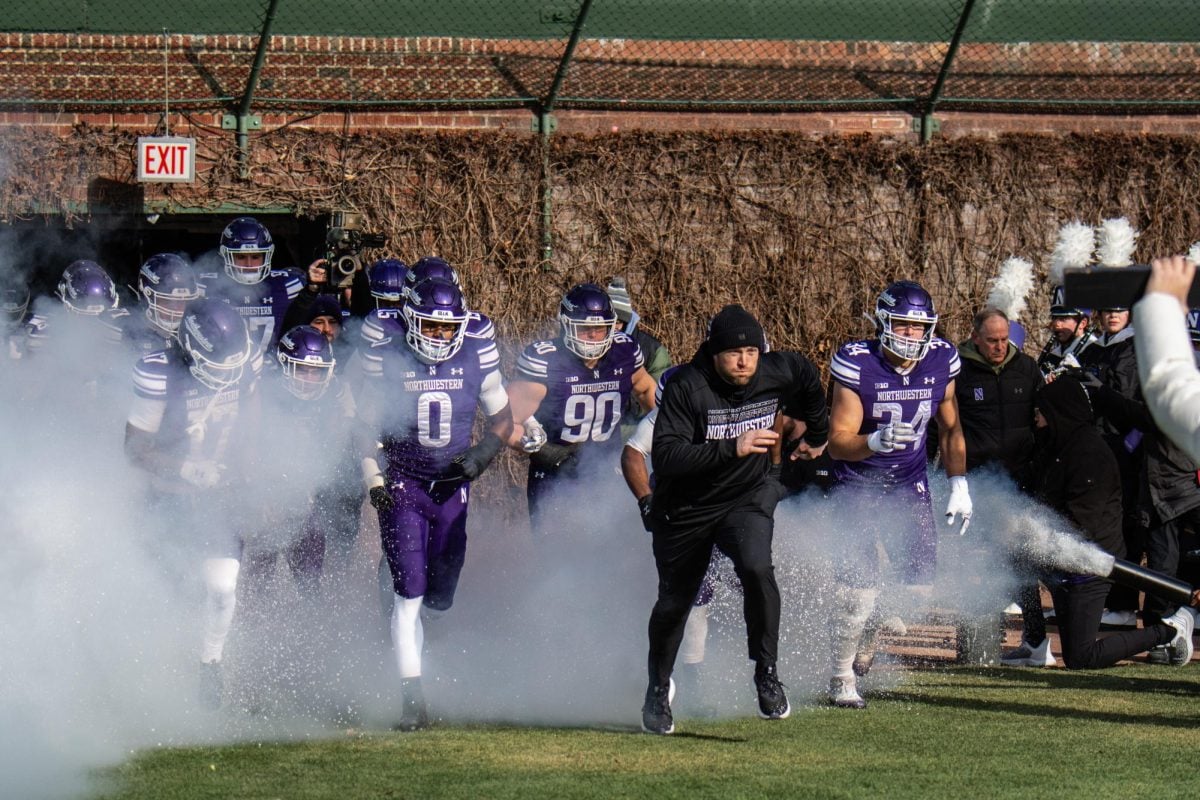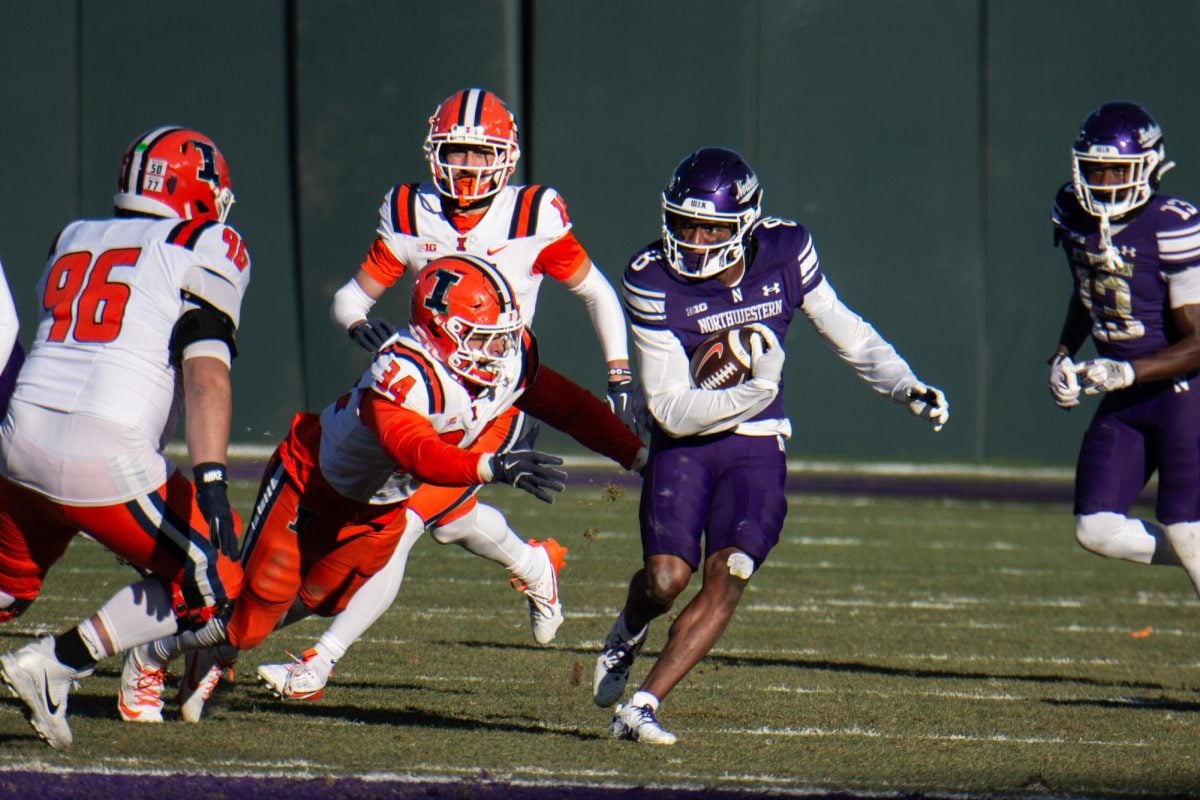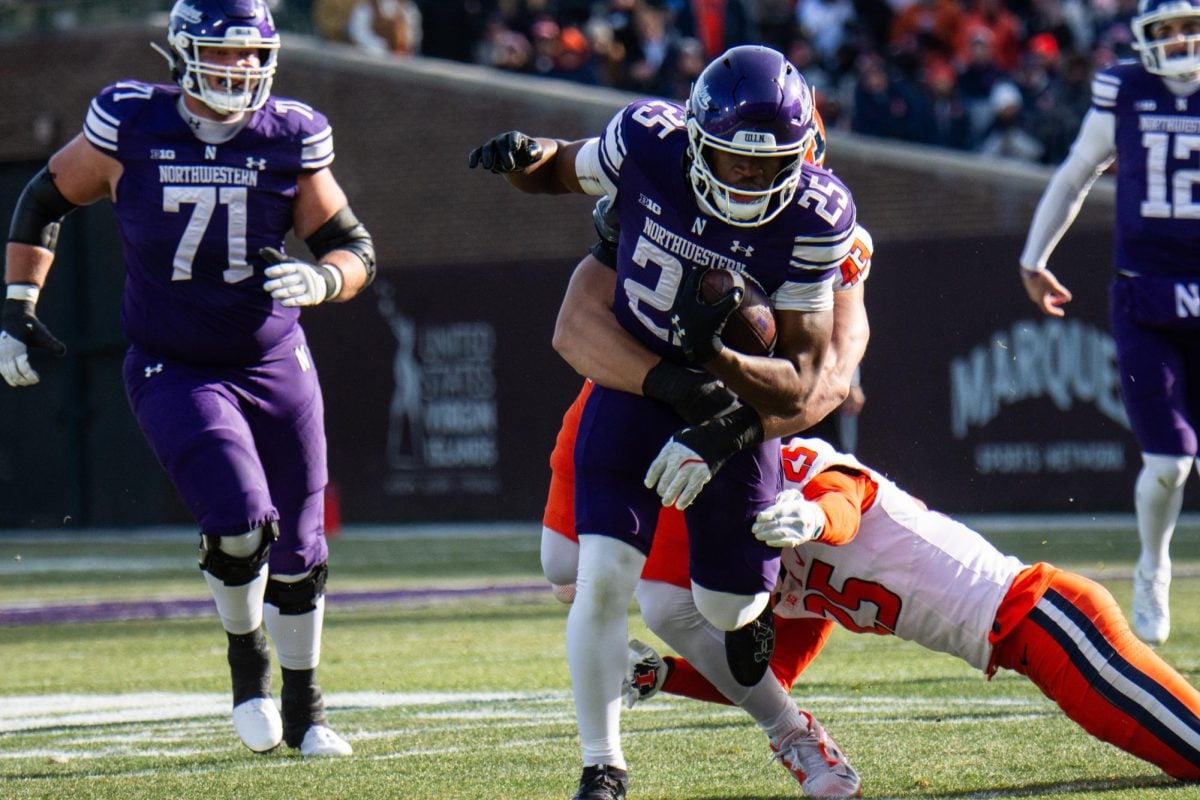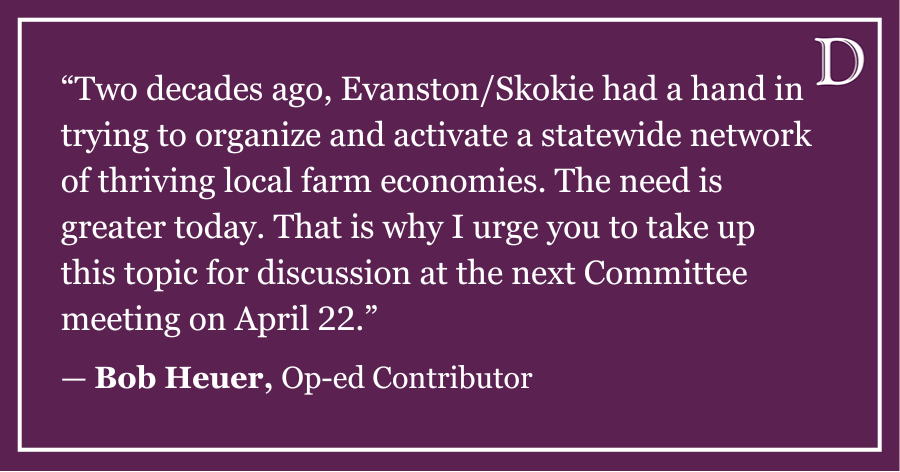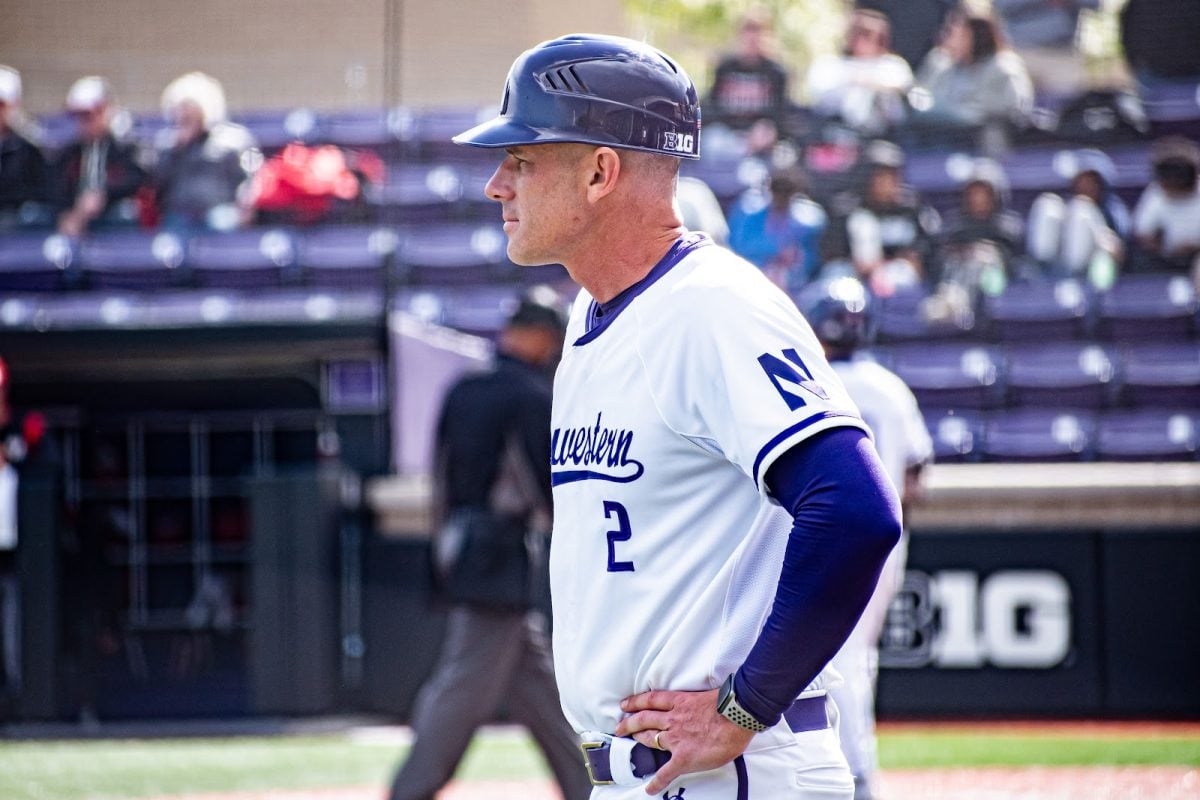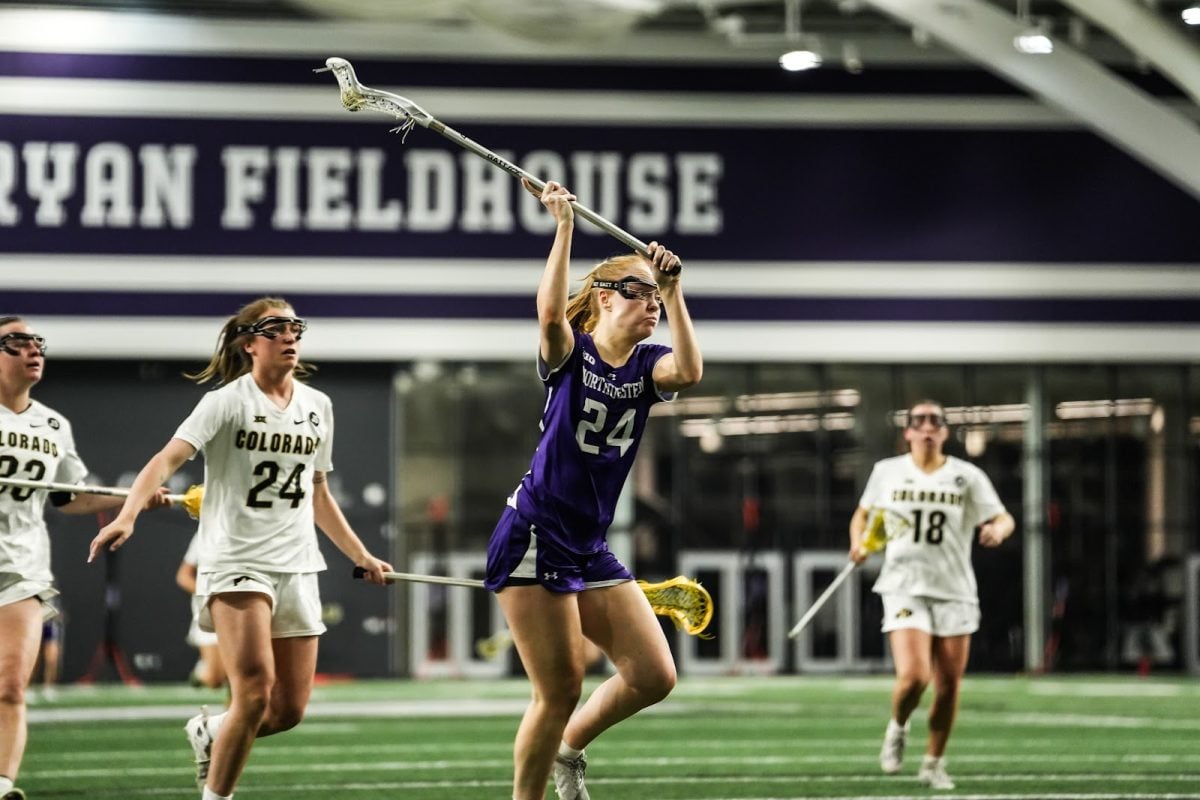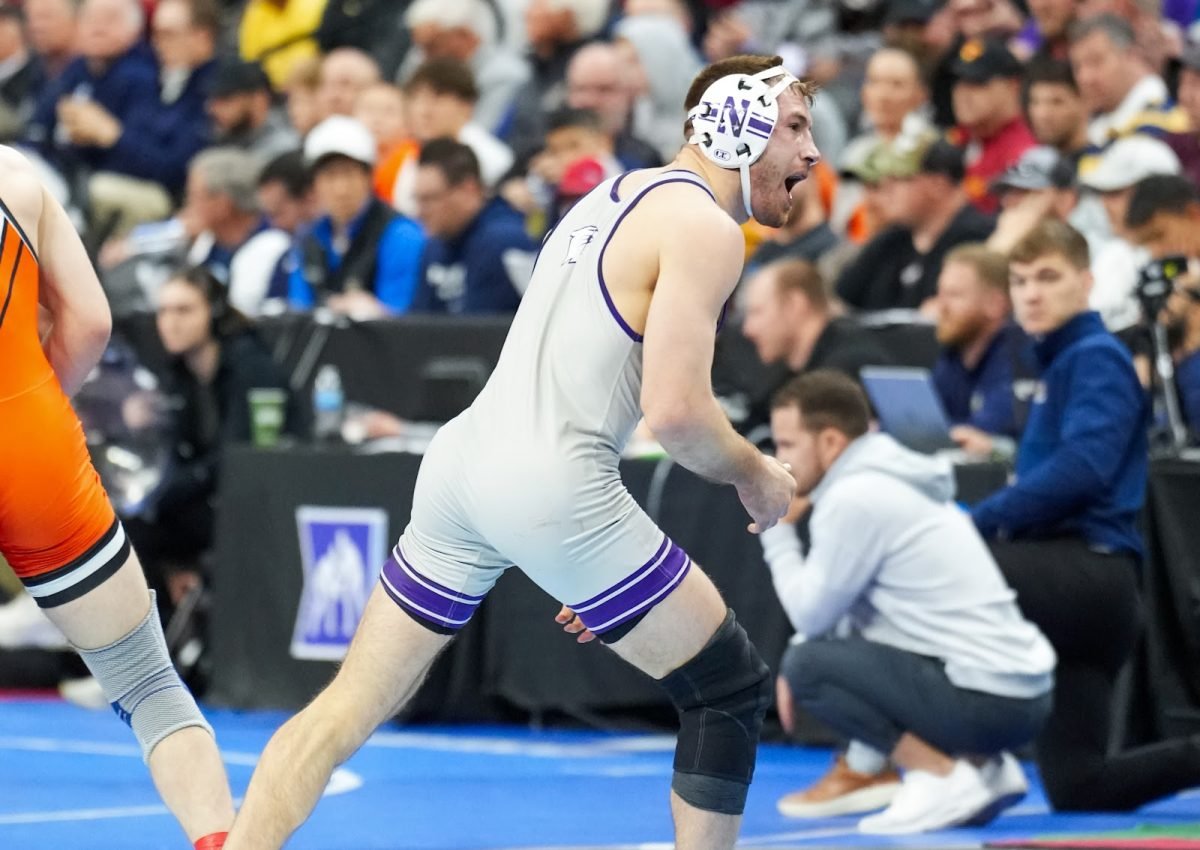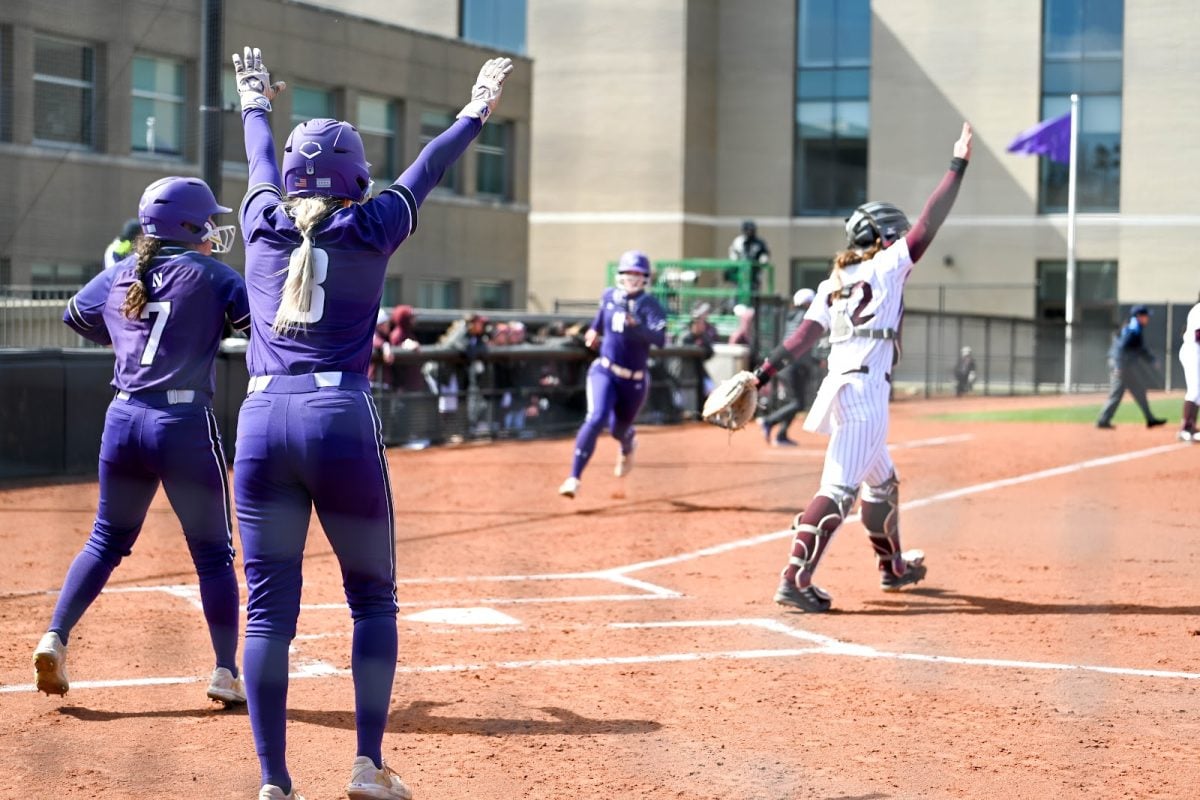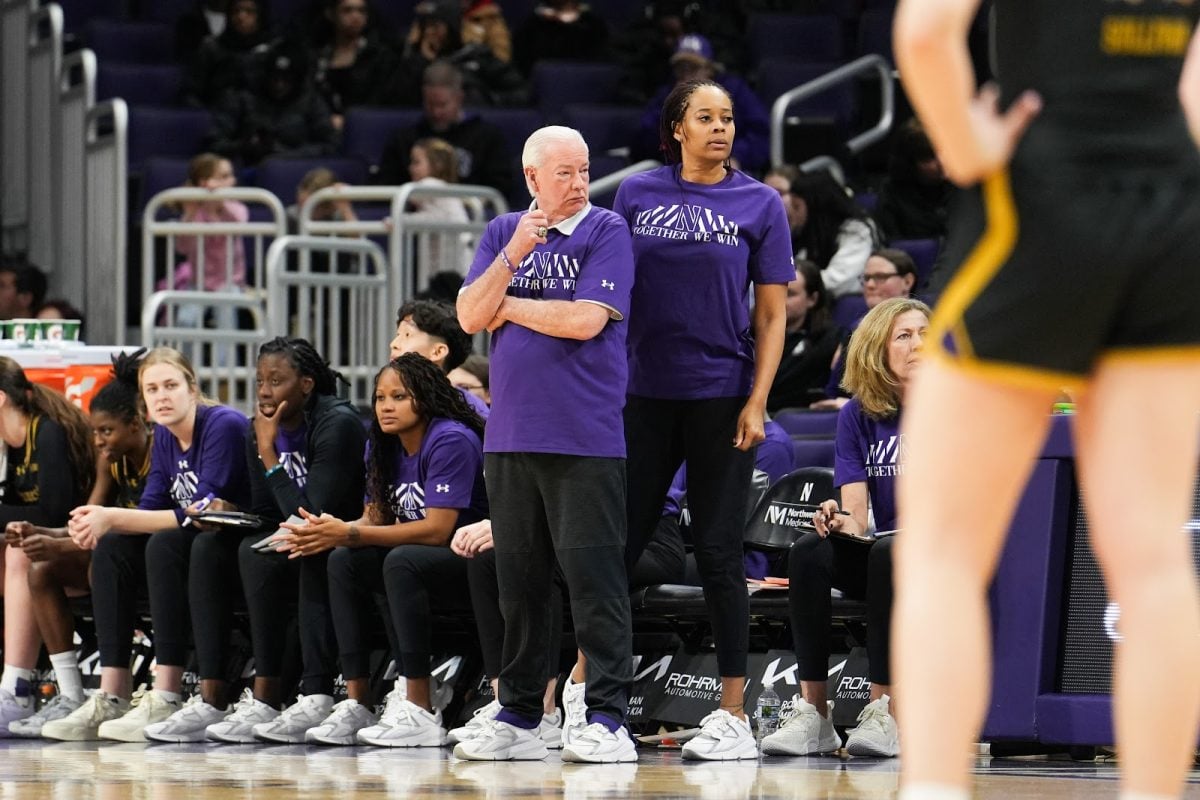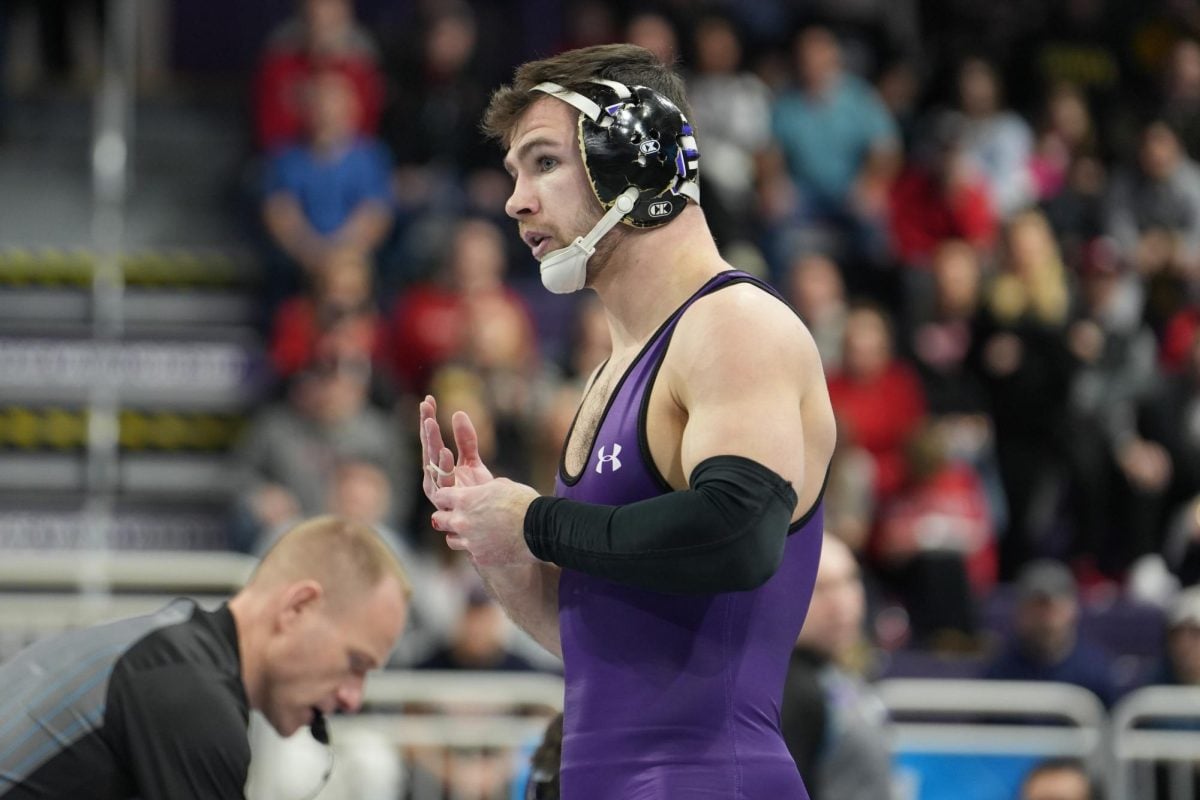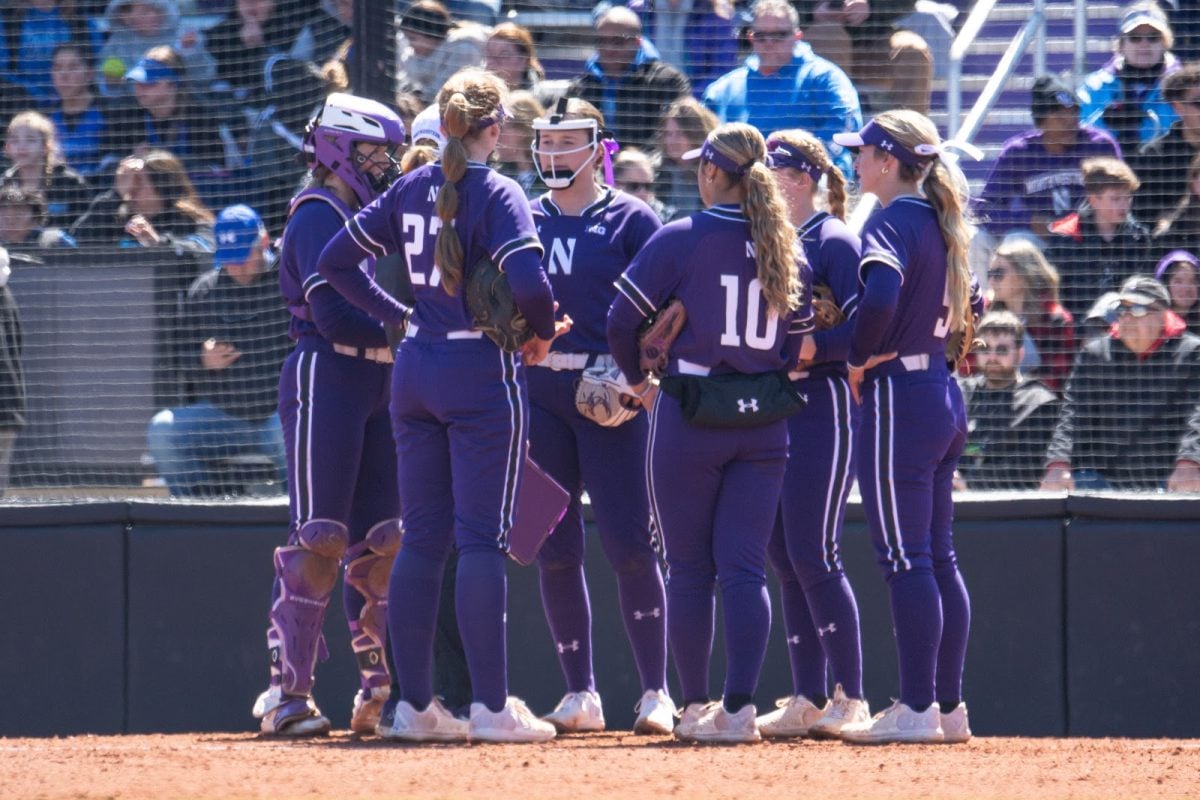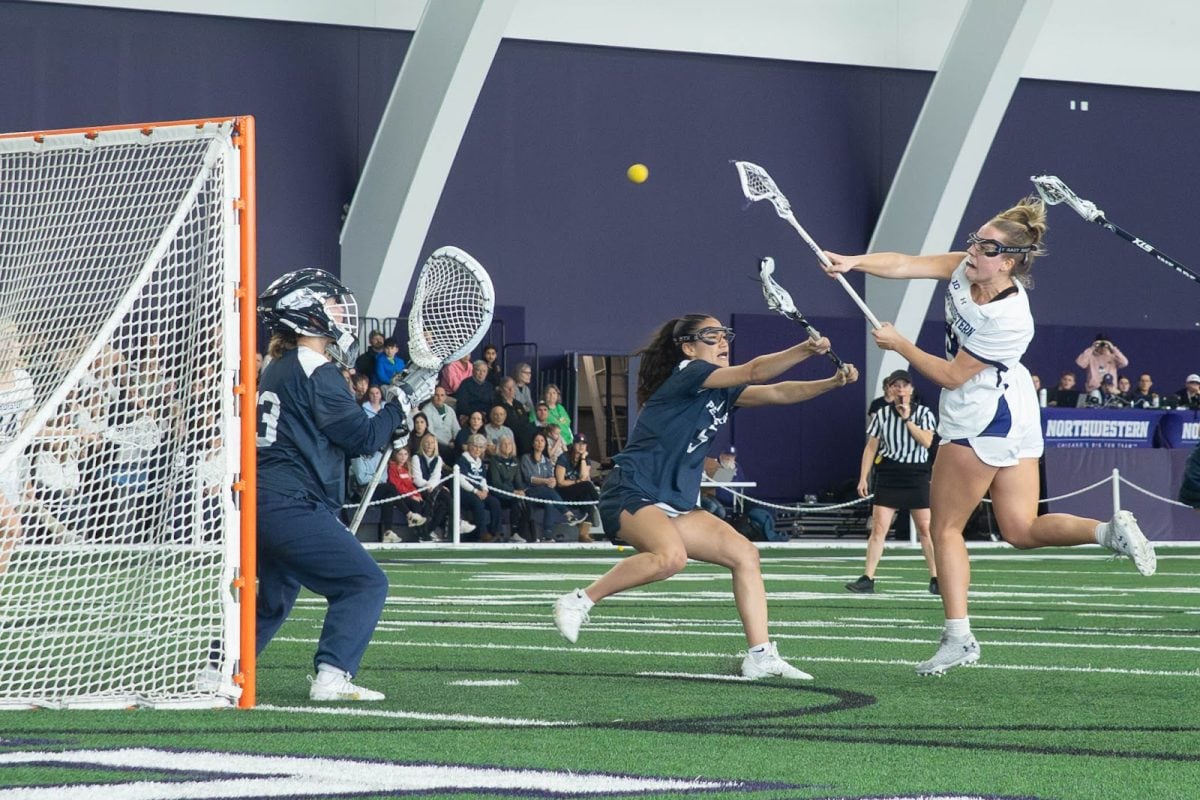Formal proceedings began Wednesday as the College Athletes Players Association attempts to form a labor union for football players at Northwestern.
CAPA and NU both presented their initial issues at the regional office of the National Labor Relations Board in downtown Chicago. The hearing, though brief, provided insight into what arguments each side will make in the coming weeks.
(Kain Colter leading effort to get players represented by union)
CAPA began the proceedings by defining an employee, and asserting that college athletes met every requirement of the definition.
“You can be both a student and an employee,” CAPA attorney John Adam said. “There is no connection between performance of football and an academic degree.”
NU’s lawyers brought up a host of issues with CAPA’s case, primarily arguing that football players were “predominantly students,” the grouping of players for the union was too arbitrary, and that players, because they have just four years of NCAA eligibility, would be temporary employees at best.
Adam responded strongly to the latter argument.
“The notion that football players who bring in millions of dollars aren’t employees because they are temporary is baseless,” he said.
NU also questioned the grouping of the players who signed union cards. Alex Barbour, the school’s attorney, repeatedly mentioned graduating seniors as a group that does not belong in the union.
“If you look at the NU roster today, there will be graduating seniors who have exhausted their (athletic) eligibility,” Barbour said. “Graduating seniors will never step on the field again, but are still receiving benefits of a scholarship.”
Barbour also noted NU will use the NLRB’s 2004 ruling involving Brown University graduate students as the test case for the university’s defense.
In 2004, the NLRB ruled in favor of Brown, asserting that graduate teaching assistants were primarily students and not university employees, preventing the students from forming a union and gaining the privileges that come with certification, including the ability to strike and bargain collectively.
The Brown case, however, is only part of a complicated history regarding unions at private institutions involving teaching or research assistants.
The 2004 ruling overturned a 2000 NLRB decision allowing TAs at New York University to unionize and collectively bargain. In 2002, NYU began to formally recognize the United Auto Workers union for graduate TAs.
After the Brown ruling, NYU rejected the TA union’s right to collectively bargain in 2005.
In 2012, the NLRB announced it would reconsider the ruling in the Brown case, an action again brought on by graduate assistants at NYU. In November of 2013, the UAW and NYU settled, once again allowing graduate TAs to form a union.
However, as part of their settlement, UAW and NYU withdrew their case from the NLRB, meaning no ruling was issued that could set a precedent in favor of unions for future cases. It is unclear if CAPA will use the recent settlement as part of its argument.
At a news conference following the hearing, Adam told reporters most experts expect CAPA to win against NU, promising “we will ultimately prevail.”
Adam also expanded on CAPA’s arguments for the “employment” of college athletes, noting their conduct is controlled by non-faculty coaches, they devote over 40 hours a week to their sport, and they mimic their professional counterparts in the NFL, whose players are represented by a union.
The hearing will continue Tuesday. The proceedings are expected to ramp up considerably, as each side will begin its arguments and witnesses will be called to testify.
Senior Kain Colter will be one of the primary witnesses for CAPA.
“To paraphrase Winston Churchill,” Adam said to start of his news conference, “it’s not the end, but it’s the beginning of the end.”
Email: rohannadkarni2015@u.northwestern.edu
Twitter: @Rohan_NU

